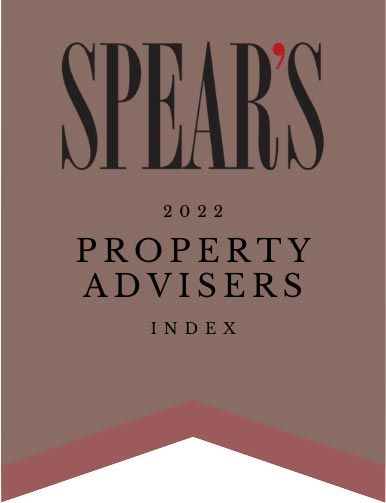Letting your mortgage roll over onto the lender’s Standard Variable Rate (SVR) could cost you dearly. So what options do you have if your mortgage is coming to the end of the initial period?
Once the initial period of your fixed rate, tracker or discounted mortgage comes to an end the mortgage will be transferred onto the lenders SVR. This variable rate often tracks a base rate set by the lender, or the Bank of England base rate. It is most likely to be much higher than the initial mortgage rate, although it can also be lower.1
Not only might your monthly mortgage repayments rise automatically as a result, but they may also increase further, as the lender can increase this rate at any time, at their own discretion.
Even an increase of just 1% could add as much as £240 a month to your repayments for a £500,000 mortgage, if not more. Have a look at our repayment calculator. To ensure that you are not paying more than you need to, it is advisable to review your current mortgage.
So what can you do to avoid paying more that you need to?
The first thing you need to do is check both; when your initial mortgage rate is due to expire and what the lender’s SVR is. If the SVR is higher than your current mortgage rate, then it may be worth considering remortgaging. You may be able to find a better deal with your current lender. Alternatively, you may want to seek a more attractive deal elsewhere.
Over the last two years the gap between initial rates and SVR’s has widened considerably. As a result of fierce competition between lenders to attract new customers, there has been a downward pressure on initial rates. For the most part they are now holding their SVRs at significantly higher rates, comparatively to their initial rates2.
Remortgaging
The upside to this is that now is a great time to remortgage. For those who are already on the property ladder, there is a lot to be positive about and some great opportunities not to be missed. The number home repossessions are at the lowest rate they have been since 1982.3 In addition, remortgaging approvals have risen from £7.6bn in October 2016 to £8.1bn in January 2017, according to seasonally adjusted figures from the Bank of England.
This, along with fixed and tracker rates falling over the past two years to record lows, makes for good news for property owners looking to remortgage. In particular, borrowing on a million plus mortgage is cheaper than it has ever been.4
What do you need to consider when remortgaging?
Given current low rates and market uncertainty, created by upcoming events, such as elections in Europe and Brexit negotiations, 5 year fixed rate deals are the current preferred option for many. Given the possibility of future rate rises; locking into the security of a low fixed rate, for five years, may protect the borrower from short term rate volatility and save them money in the long run.
Another point to consider when arranging a remortgage is the changes to lender criteria. Since the Mortgage Market Review (MMR) in 2014 and stricter mortgage stress testing imposed by regulators, taking out a mortgage has become more challenging for some borrowers. This makes it important to seek professional advice, when looking for the best mortgage solution.
Our highly experienced Mortgage Managers aim to make arranging your mortgage simple, however complex your needs. We will take the time to review your circumstances fully and take a holistic approach, to help arrange a mortgage most suited to your needs, at the best rate. Call us on 020 7519 4985 or send us an email to speak to one of our specialist Mortgage Managers, and find out what your best options are.




















